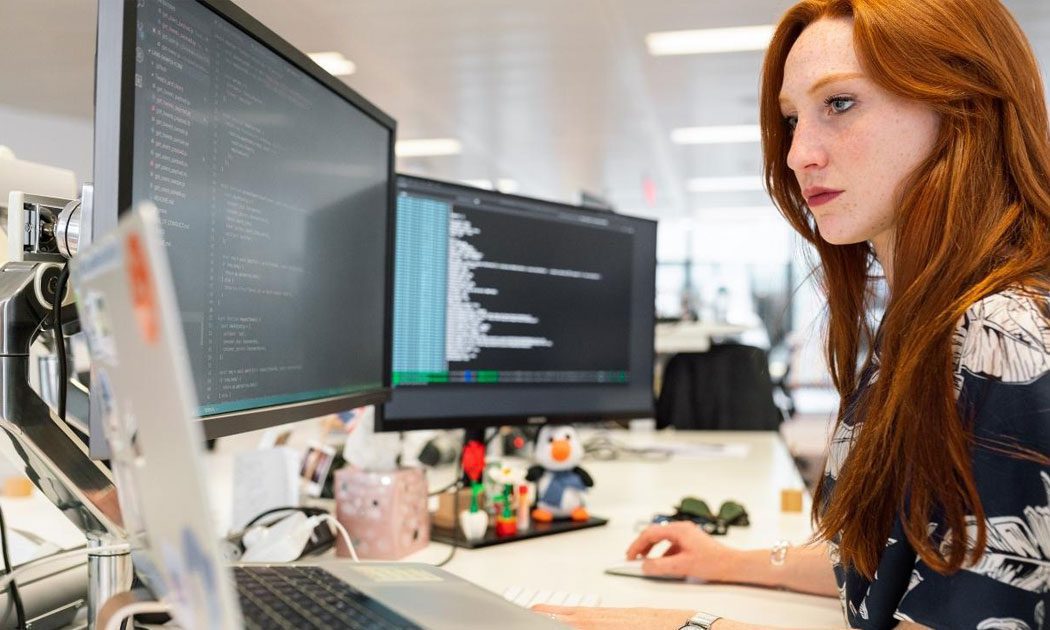
Notice
We have seen extremely high demand for this area and all places have now been allocated.
Course Summary
Computing and IT studies involve the study of computers, software, networks, and systems that drive modern technology. The field covers a wide range of topics, including programming, hardware, databases, cybersecurity, artificial intelligence, and cloud computing. The main areas include:
Computer Programming:
Learning coding languages such as Python, Java, C++, JavaScript, etc., to build software, applications, and systems.
Software Development:
Developing, testing, and maintaining applications and systems. This includes mobile apps, web applications, desktop software, etc.
Computer Networks:
Study of how computers communicate with each other over networks (e.g., Internet, local area networks). It involves understanding network architecture, protocols, and security.
Cybersecurity:
Focuses on protecting systems and data from cyber threats, including hacking, malware, and phishing.
Database Management:
Learning how to design, implement, and manage databases that store and organize data efficiently.
Artificial Intelligence and Machine Learning:
Developing intelligent systems that can learn and make decisions, often involving automation and data analysis.
Cloud Computing:
Using the Internet to store, manage, and process data rather than using local servers or computers. It includes platforms like AWS, Microsoft Azure, and Google Cloud.
Course Content
There are many elements to computing & IT and depending on the level of course that you start with us you can look forward to studying many of these topics during your time with us including:
• Developing Digital Information Using IT
• Creating a Website
• Creating a Spreadsheet to Solve Problems
• Designing an Interactive Presentation
• Creating an Animation
• Recording Income and Expenditure (Microsoft Excel)
• Essentials of IT
• Digital and Cyber Security
• Creating Programming Solutions for Business
• Creating Mobile Applications for Business
• Games Creation
• Participating in a Project
• Using Emerging Technologies
• Maintaining equipment and systems
• Customer support provision
• Repair centre procedures
• Networking principles
• Installing hardware and software into networked system
• Identifying network problems and apply remedial solutions
• Install and configuring equipment and operating systems testing and assembly of hardware, loading software components and selecting/applying test procedures
• Physical and virtual infrastructure
• Network cabling
• Unified communication
• Digital support
Course Assessment
You are assessed by a variety of methods including:
• Practical observations
• Oral questioning
• Written modular tests.
• Production of a portfolio of evidence
• Internally and externally set assignments and/or examinations
• A period of work experience between 50 and 450 hours depending on the level enrolled onto.
Materials
USB memory stick.
Progression
The table shows you the area of computing & IT along with the levels you are likely to study at depending upon your final GCSE grades. Offers will be made based on your indicated grades and the levels available within the progression table.
|
Area |
Expected grades when leaving school | |||
|
Level 1 - no formal qualifications needed |
Level 2 - 3 x GCSEs at grade 3 including English & maths |
Level 3 - 4 x GCSEs at grade 4 including English & maths |
T Level - 5 x GCSEs at grade 4 including English & maths | |
|
Computing & IT |
|
Yes |
|
Yes |
Entry Requirements
• No GCSE results for Level 1
• 3 x GCSEs at grade 3 including English & maths for Level 2
• 4 x GCSEs at grade 4 including English & maths for Level 3
• 5 x GCSEs at grade 4 including English & maths for T Level, Level 3
